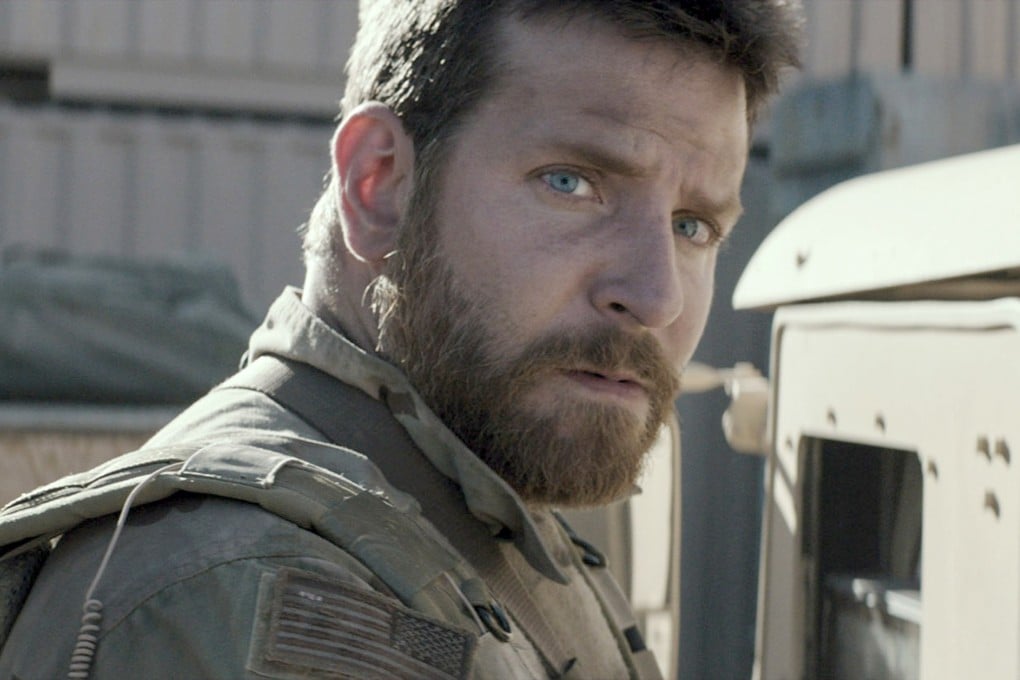
The story of US Navy SEAL Chris Kyle is made for Hollywood. Dubbed the deadliest sniper in American history, Kyle used his exceptional marksmanship to rack up 160 confirmed kills and another 100 probable ones. The highly decorated soldier had cheated death multiple times over his four harrowing tours in Iraq, which makes it all the more ironic that he met his end not on the battlefield but in his hometown in Odessa, Texas, where he was fatally shot by a mentally ill veteran he had tried to help.
The screenplay based on Chris Kyle’s autobiography fell into the hands of veteran director Clint Eastwood. His filmography boasts such Oscar winners as Mystic River and Million Dollar Baby. But the 84-year-old can be unpredictable and even erratic. A lifelong Republican, his legacy now includes the infamous speech at the 2012 GOP National Convention, in which Eastwood talked to an empty chair and rambled on for a good 30 minutes. His disastrous appearance, broadcast on live television at prime time, has taught him that not everyone can be Michael Moore and that some movie directors are better off staying behind the camera.
Determined to be politically agnostic this time, Clint Eastwood's take on the war in Iraq is personal and anecdotal. He focuses on what repeated deployments can do to a soldier and his family, and hopes to sidestep the moral debate over why American troops are there in the first place. That debate also includes whether America has the right to turn civilian towns into war zones, thereby making anyone who dies by a sniper’s rifle a “war death” rather than an execution without trial. But by making Chris Kyle the film’s superhero and allowing the audience to observe only through American eyes, Eastwood has already weighed in on the debate.
Bradley Cooper lucks out by landing the role of a lifetime. He reportedly gained 40 pounds to look like Kyle and spent weeks watching his videos to get the Texas accent right. These days, playing a PTSD-inflicted veteran can be a Hollywood cliché, and actors have a tendency to overact, especially in those trite breakdown scenes. To Cooper’s credit, his Chris Kyle is nuanced, conflicted and very human, all done without any sort of shouting, wailing or waking up from bad dreams. Sienna Miller, who plays Kyle’s stay-at-home wife, is good but not spectacular. Her somewhat one-dimensional role as a loving (but no less nagging) other-half who whines about an emotionally unavailable husband does not give her much room to shine.
Bradley Cooper’s Oscar-nominated performance alone makes American Sniper worth seeing. The movie is heavy, bleak, and, at two hours and twelve minutes, rather long. The scenes involving American troops storming into Iraqi homes and pushing screaming women and children to the floor are hard to watch and even harder to forget. The film may make you cheer or cringe based on your politics, but it will definitely make you think.

